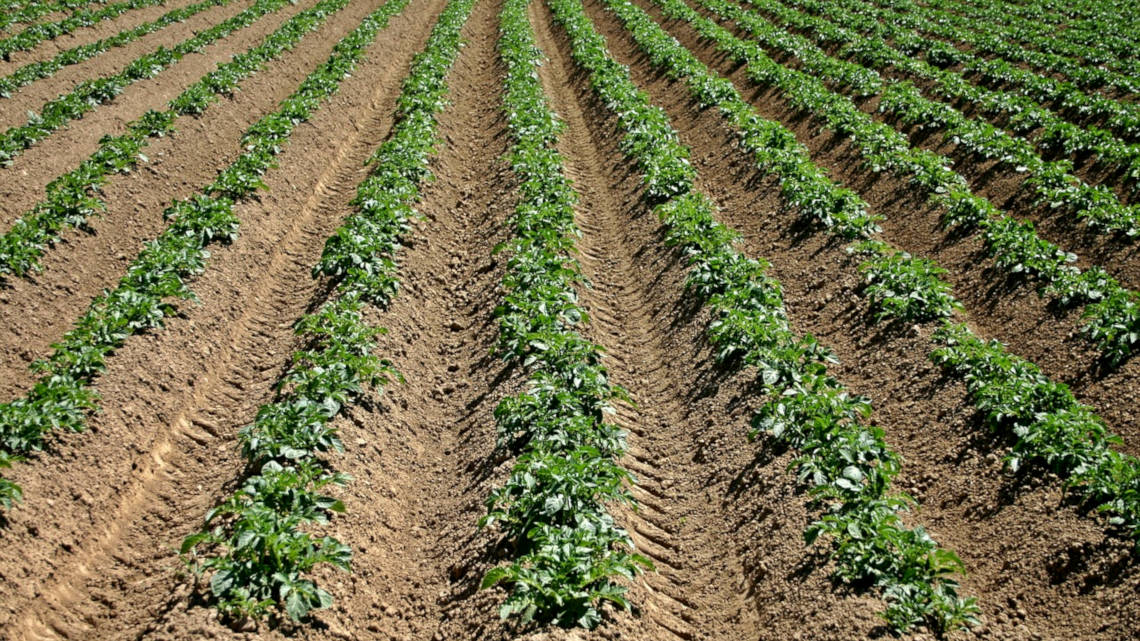Protecting seeds with fungi coat
In order to make potatoes more resistant, researchers want to coat the seeds of the nightshade plants with beneficial fungi and thus help them grow.

Potatoes are an important staple in many countries. However, as a result of climate change, harvests are increasingly threatened by extreme weather conditions and pest infestation. Scientists at Rhine-Waal University of Applied Sciences and Bielefeld University of Applied Sciences, together with their industrial partners BIOCARE and field seed producer Freudenberger, want to pre-treat the potato seed so that the young plants are more resistant.
Protection from nematodes
The research project "Development of innovative formulation methods using agricultural fungi as novel plant strengthening agents for potato crop rotation" (FORK) is intended to optimize both the treatment of seeds with chemical pesticides and biological crop protection. For the latter, the seeds will be coated with fungal cultures. They influence the microbiome of the plant and can improve its nutrient supply or displace microbial pests. The researchers also hope that this approach will improve the soil conditions for a catch crop, which in turn will create better conditions for the potato. For example, the catch crop in autumn can reduce the occurrence of nematodes, which would otherwise damage the tuber plant next spring. The seed of the catch crop, for example bee pasture, is also to be coated with beneficial fungi.
Potential also for other crops
"The main focus of the work at Rhine-Waal University of Applied Sciences is the efficacy testing of the products developed in the plant-soil system in experiments in the climate house and by means of laboratory analyses," explains project manager Florian Wichern from Rhine-Waal University of Applied Sciences. In addition, the effectiveness of the methods is also tested in the field in cooperation with agricultural companies. "The main focus of research at our university is on developing the formulations," adds Jakobs-Schönwandt from Bielefeld University of Applied Sciences. "This means that we make sure that all components of the coating work actively and thus strengthen the plant." If successful, the method could be applied to the seeds of other crops.
FORK is funded by the Federal Ministry of Research with 330,000 euros for the Rhine-Waal University of Applied Sciences and 400,000 euros for the Bielefeld University of Applied Sciences.
bl/um


